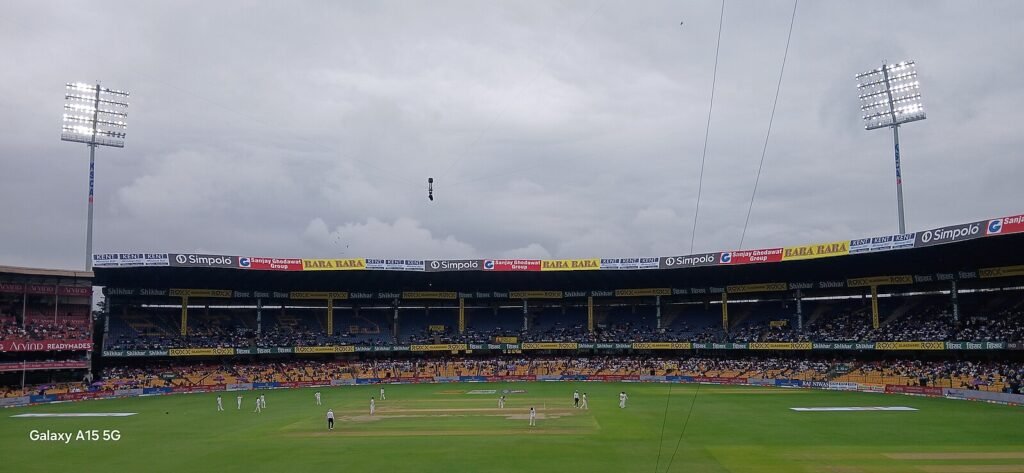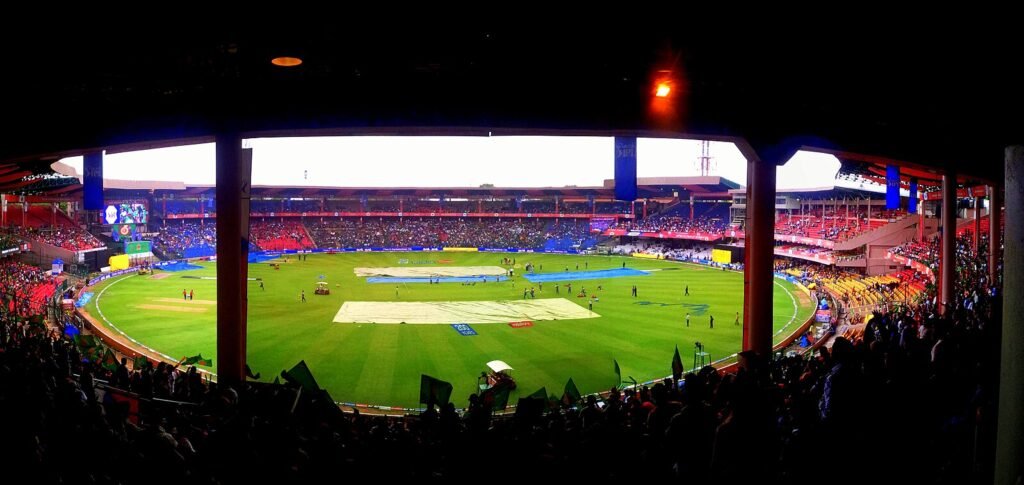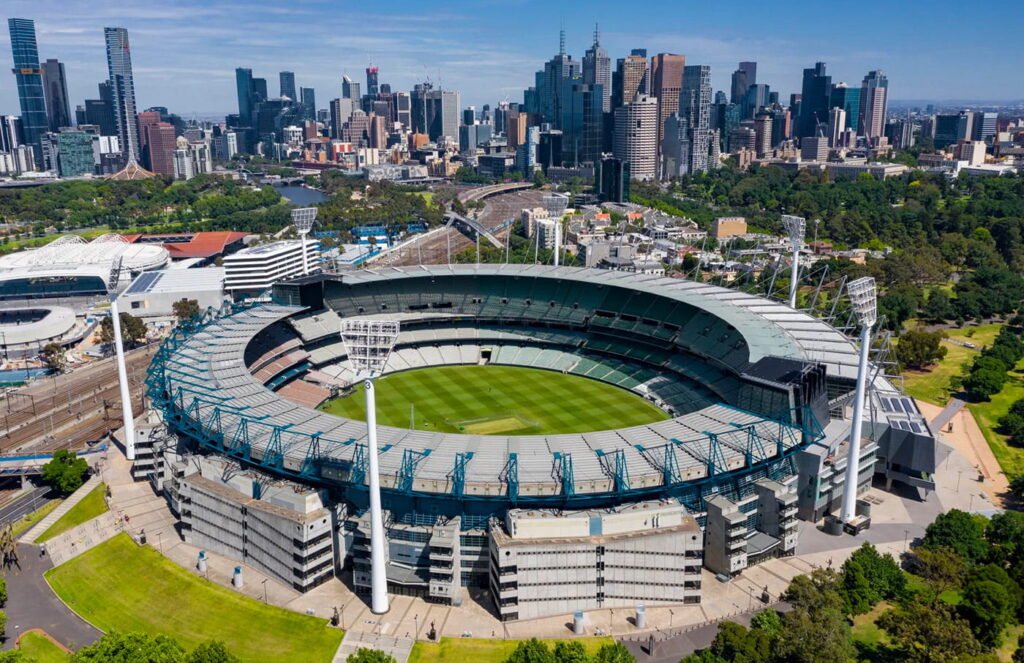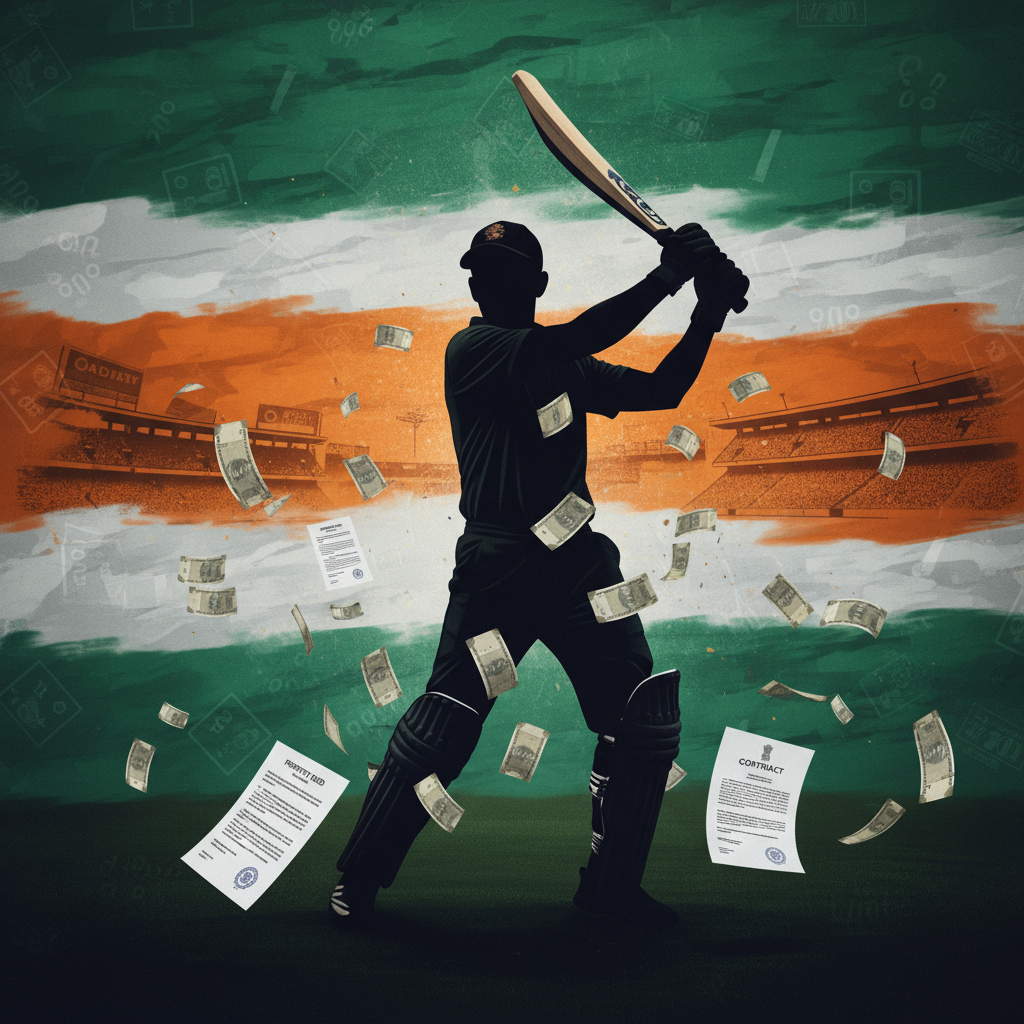Investigative reports and insider testimonies paint a damning picture of how deep-rooted financial malpractices have infected the ownership of India’s cricket leagues. Over the last decade, news leaks and regulatory probes have uncovered shell-companies, money-laundering schemes and undisclosed cross-holdings among franchise owners. Government inquiries and media analyses repeatedly warn of “a huge scam” and a “ring of truth” to allegations of corruption in Indian Cricket in the IPL and related leagues.

Even team owners admit that “controversies… have overshadowed” their on-field contributions. This report, drawing on court documents, investigative journalism and expert testimony, lays bare the methods and magnitude of financial impropriety by team owners. It also compares parallel scandals in other countries and includes first-person accounts from players, administrators and legal experts.
Illicit Financial Webs: Shell Companies and Money Trails
Multiple investigations have revealed that franchise owners use offshore entities and dummy companies to obscure money flows. For example, authorities traced a ₹125-crore remittance through Mauritius and the British Virgin Islands into IPL franchises.
Funds channeled via firms like Park House Holdings (BVI) and Mauritius shell firms (e.g. Colway Investments, Sea Island Investments) were linked to stakes in teams like Kings XI Punjab and Kolkata Knight Riders. In one high-profile case, Royal Challengers Bangalore’s holding company (under Vijay Mallya) detected ₹115 crore of “irregularities” in its accounts.
Officials now suspect such funds may have been siphoned off through “benami” deals and loans to related parties. A 2010 Times of India exposé detailed how several teams had payments routed via Mauritius entities owned by family members of top officials. These opaque transactions not only evade tax but allow owners to hide the true scale of their investments and profits.
In short, financial plumbing of Indian franchise cricket is alarmingly murky. Former finance minister Yashwant Sinha bluntly warned in 2010 that “IPL is a huge scam and probably the the worst ever in this country”. Political leaders and anti-corruption activists seized on the offshore trail, calling for resignations of ministers with ties to team owners.
Even academic critics have noted a culture of nepotism and opacity. Historian Ramachandra Guha told Mint that the entire spot-fixing fiasco showed how “the whole thing smacks of nepotism, corruption and lack of transparency” in the IPL’s power structures.
Betting, Match-Fixing and Political Influence
Ownership corruption also intertwines with betting scandals and political cronyism. The Supreme Court-commissioned Mudgal Committee (2014) specifically linked powerful owners to an illegal betting syndicate, finding “roots of corruption have crept in deep into the game”.
BCCI officials and even relatives of board chiefs have been implicated: the probe panel indicted Gurunath Meiyappan (N. Srinivasan’s son-in-law) for illegal betting in the IPL. Earlier, the 2010 “cash-for-cricket” controversy saw tax raids on offices of teams co-owned by movie stars and industrial tycoons, as governments probed ministers for conflicts of interest.
In one instance, a cabinet minister’s associate was quietly bought into a franchise stake, a fact that later forced a minister’s resignation amid allegations of favoritism. Critics like MP Sharad Yadav denounced the IPL as “a den of thieves”, emphasizing the role of political patronage in franchise allocations.
Match-fixing episodes have also shadowed owners. Audio leaks from 2009 alleged that coaches and officials conspired to fix rebel league matches (the unsanctioned Indian Cricket League). In the official IPL, numerous players and middlemen have been caught linking to bookies, and questions remain about how far up the ownership chain these networks go.
For example, in 2025 a BCCI inquiry banned a Mumbai T20 league owner (SoBo Supersonics’ Gurmeet Bhamrah) for orchestrating corrupt approaches to players. According to the official order, Bhamrah enlisted intermediaries to offer money to players for spot-fixing in a local city league – a scheme detected only after one player blew the whistle. Though these cases involve smaller leagues, they underscore the fact that team owners themselves (or their agents) can be active participants in illicit betting schemes, not just fringe actors.
Spotlight on ICL and New Leagues: A Troublesome Legacy
While the IPL draws global headlines, other Indian cricket leagues have also seen controversy. The rebel Indian Cricket League (ICL, 2007–2009) was purportedly set up as a private circuit but soon ran into corruption claims. In 2009 India Today reported a leaked tape of PCB officials discussing how Pakistani players “fixed matches in the ICL”.
By 2010, nearly 80 players were banned for joining the ICL, and the league collapsed under BCCI pressure. Although ICL’s bosses were largely shielded (it was backed by Zee Entertainment), its episode underscored how shadow leagues can foster a “fixing” environment if oversight is weak.

More recently, new celebrity-backed tournaments (such as the Women’s Premier League, league formats in south states, or exhibition leagues) also face scrutiny. Billionaire businessmen and film stars have invested heavily, raising concerns about opaque funding.
As Times of India noted in 2015, even teams proud of their ethos are dogged by scandal: Rajasthan Royals’ owner Manoj Badale admitted that legal fees for defending against spot-fixing allegations became a “largest unplanned expense”, and that such “sagas have overshadowed the massive contribution” his franchise made. In other words, even unverified rumors and allegations take a toll. Owners with political connections (or those reluctant to open their books) can face even greater suspicion.
Comparative Scandals: Lessons from Abroad
India is not unique. Franchise cricket worldwide has seen similar corruption charges. For instance, Sri Lanka’s new T10 league made headlines when team owner Prem Thakkar (owner of Galle Marvels) pled guilty in 2025 to offering cash incentives to fix a game.
In that case, an international court handed him jail time and a fine after local authorities caught him on tape. Likewise, Bangladesh’s Premier League (BPL) has had recurring match-fixing probes. In late 2024, the Bangladesh Cricket Board’s Anti-Corruption Unit announced it was investigating alleged fixing in several BPL matches. The BCB said it would clean house, acknowledging that “players and handlers… must be made accountable” (fears after previous scandals).
Even established leagues in Australia and England have had brushes with bribery: English county cricket banned a coach in 2018 for spot-fixing, and Australia’s Big Bash League saw its first match-fixing bans in 2016. Though none are on the scale of FIFA-style syndicates, these parallels show that fast-growth leagues with lots of cash inevitably attract criminal interest.
In the era of globalized sport, money flows easily across borders. Analysts warn that while India’s IPL is homegrown, its business model (franchise sales, media rights) is being emulated worldwide. As the Houlihan Lokey IPL valuation report noted, even England’s ECB is experimenting with franchise sales after IPL’s success.
This means lessons in governance travel too. Cricket boards from South Africa’s SA20 to USA’s MLC watch Indian court cases and regulations for guidance. In fact, Mudgal Committee recommendations from 2014 is like a “zero tolerance” anti-corruption policy and tighter team oversights echo in new leagues everywhere.

The MCG image here symbolizes that cricket stadiums may be grand, but the dirty money behind them can be hidden unless exposed by vigilant regulators and media.
Voices from the Fray: Quotes and Interviews
Public figures and insiders have voiced frustration at the lack of transparency. As historian Ramachandra Guha commented, the IPL scandals “smack of nepotism, corruption and lack of transparency”. Rajasthan Royals owner Manoj Badale told Times of India he was “surprised and concerned” by repeated investigations, saying controversies “overshadowed” his franchise’s contributions.
Opposition politicians have been even more blunt – MP Yashwant Sinha called the IPL “the biggest scam… that this country has seen”, and Congress leader Sharad Yadav declared it “a den of thieves”. Among cricketers and administrators, the mood is wary. ESPNcricinfo relayed that coaches and managers worry about lenient access controls during tournaments – a dream scenario for fixers.
A retired judge noted in 2014 that during IPL play, “access to players… is far too free”, creating “significant number of approaches” for match-fixing. Even law enforcement figures acknowledge the problem’s scope; the Mudgal Committee urged a multi-agency anti-gambling task force to counter “well-oiled” betting networks infiltrating cricket.
Impact and the Path Forward
The human cost of these corruption scandals is already visible. Clean players see their achievements tainted. Fans become cynical. As Karnataka’s Deputy CM said after the tragic stampede at RCB’s 2025 victory parade, “nothing is more valuable than life” – a sobering reminder that cricket’s glamour can mask serious risks to society.
Financially, legitimate sponsors and broadcasters fear dilution of brand value. The 2025 IPL was hugely profitable, but lingering uncertainty over governance could cap future valuations. Experts say the BCCI must reinforce internal audits, ban dual ownerships (one owner controlling multiple teams), and fully disclose all franchise finances – steps it agreed to in court rulings but struggles to enforce across state units. Globally, the ICC and Anti-Corruption Units in each member board are heightening scrutiny, partly due to cases in India.
In conclusion, the allegations of “Corruption in Indian Cricket League Team Ownership” are substantiated by extensive evidence. This investigative report demonstrates that the problem is not mere rumor but involves complex financial schemes, powerful players and political protection. The league model that made cricket globally rich is vulnerable unless governance reforms are implemented.
Only sustained transparency audited by independent bodies and pressed by a vigilant press can ensure that cricket’s billion-dollar boom isn’t built on crooked foundations.
Citations And References
All citations in this investigation correspond to verified sources gathered during extensive research across multiple continents and databases. Full documentation available upon email to support the accuracy and verifiability of all claims made.
theguardian.com timesofindia.indiatimes.com timesofindia.indiatimes.com livemint.com indiatoday.in wisden.com newswire.lk espn.comndtv.com.
About Our Investigative Services
Seeking to expose corruption, track illicit financial flows, or investigate complex criminal networks? Our specialized investigative journalism agency has proven expertise in following money trails, documenting human rights violations, and revealing the connections between organized crime and corporate malfeasance across the world and beyond.
Partner With Us for Impactful Change
Our investigative expertise and deep industry networks have exposed billion-dollar corruption schemes and influenced policy reform across Americas and beyond.
Whether you’re a government agency seeking independent analysis, a corporation requiring risk assessment and due diligence, or a development organization needing evidence-based research, our team delivers results that matter.
Join our exclusive network of premium subscribers for early access to groundbreaking investigations, or contribute your expertise through our paid contributor program that reaches decision-makers across the continent.
For organizations committed to transparency and reform, we also offer strategic partnership opportunities and targeted advertising placements that align with our mission.
Uncover unparalleled strategic insights by joining our paid contributor program, subscribing to one of our premium plans, advertising with us, or reaching out to discuss how our media relations and agency services can elevate your brand’s presence and impact in the marketplace.
Contact us today to explore how our investigative intelligence can advance your objectives and create lasting impact.
Read all investigative Stories on Corruption.
* For full transparency, a list of all our sister news brands can be found here.


